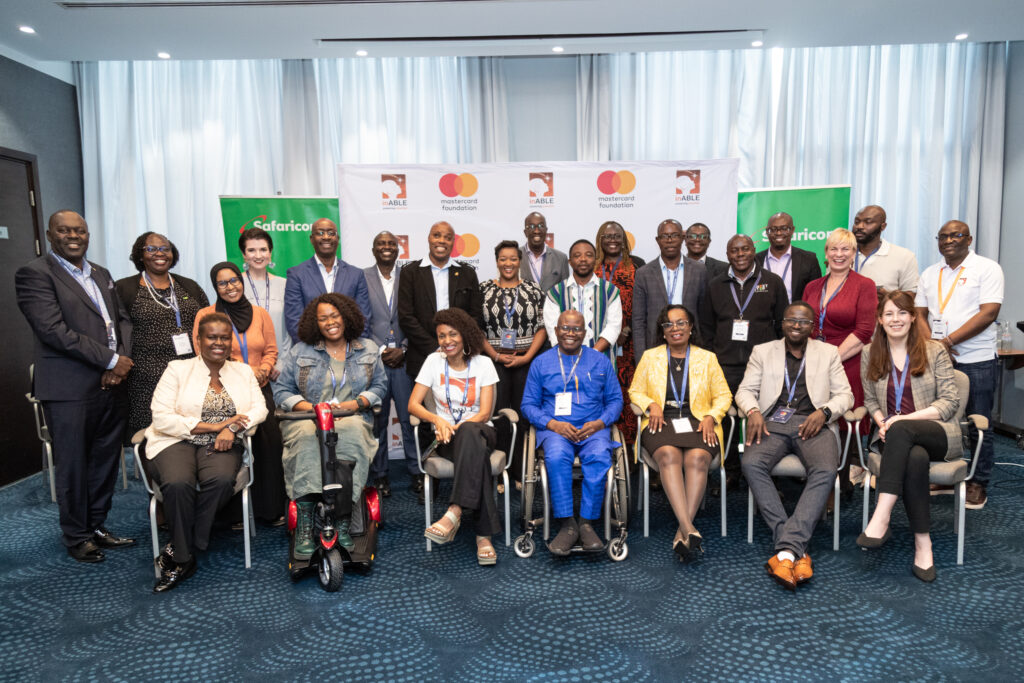From resolutions to action: What we learned in 2024, and what we’re building in 2025
inableAdmin
In 2024, the Inclusive Africa Conference was more than just a gathering. It was a declaration.
A declaration that accessibility is not a privilege. That Africa’s innovators, entrepreneurs, and advocates with disabilities are not just participants they are pioneers shaping the continent’s digital future.
As we look ahead to Inclusive Africa Conference 2025, taking place from June 3–5 in Nairobi and online, we’re building on bold outcomes, powerful lessons, and forward-thinking ideas. Here’s what we learned and where we’re going next.

1. Policy turned into progress
In 2024, Kenya made history by passing digital accessibility standards into national law through the Persons with Disabilities Bill a major policy milestone driven by advocates and leaders with lived experience.
What’s next?
We aim to scale this momentum across the continent, calling for an Africa-wide digital accessibility framework to guide inclusive innovation, procurement, and service delivery.
2. Youth innovation lit the way
At the Assistive Technology Village Showcase, young entrepreneurs with disabilities pitched smart, practical solutions from AI-powered mobility apps to accessible learning platforms.
What’s next?
The one-year assistive tech mentorship program launched in 2024 is just the beginning. This year, we’re expanding the pipeline, supporting more youth-led projects, and investing in the future of disability-driven innovation.
3. Mental health inclusion took center stage
For too long, mental health was left out of the accessibility conversation. In 2024, that changed with teletherapy, digital wellness tools, and mental health advocacy woven into the programme.
What’s next?
We’re supporting calls to decriminalize suicide in African countries and to embed mental wellness into disability and accessibility policies.
4. Education and employment remain urgent frontiers
Despite progress, 70–80% of working-age persons with disabilities across Africa remain unemployed. Millions of children still lack access to inclusive education.
What’s next?
We’re focusing on:
- employer-led skills training and inclusion
- assistive technology in public schools
- accessibility awareness for educators and hiring teams
5. Stories shifted from pity to power
In 2024, we witnessed a powerful shift in how disability was portrayed. Across media and public platforms, the narrative changed from charity to capability, from inspiration to leadership.
What’s next?
We continue to elevate the voices of innovators, artists, athletes, and changemakers with disabilities. Their stories are shaping the Africa we all want to see.
This isn’t just a conference. It’s a movement.
Inclusive Africa 2025 is where:
- accessibility meets innovation
- policy meets action
- youth meet opportunity
- Africa meets the future
If you believe in a digital Africa where no one is left behind, this is your invitation.
Join us from June 3–5, 2025
JW Marriott Hotel Nairobi & Online
Register at inclusiveafrica.org
#InclusiveAfrica2025 #AccessibilityMatters #IAC2025